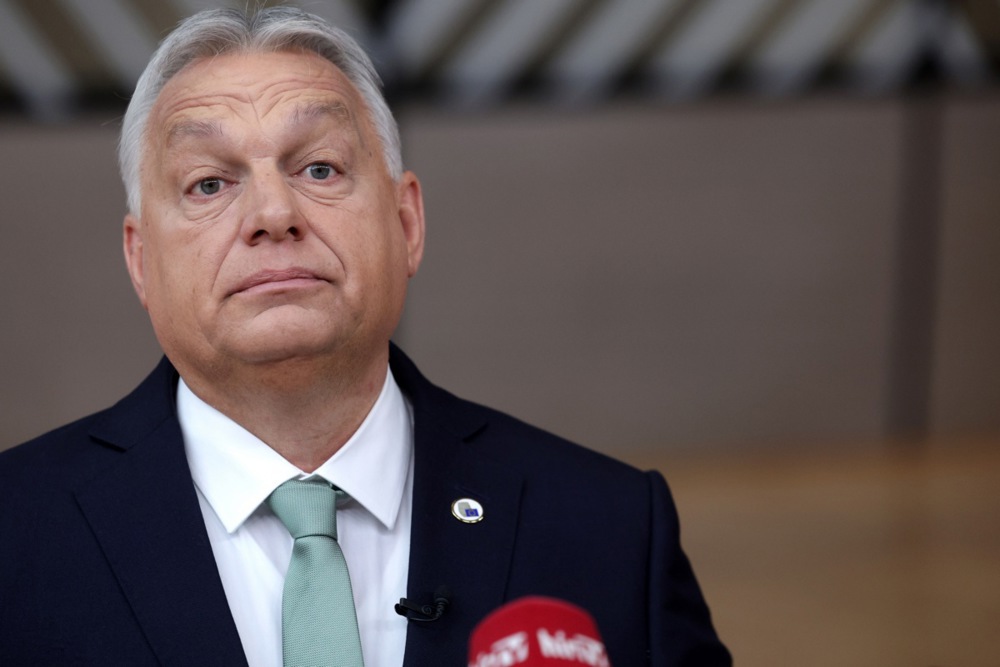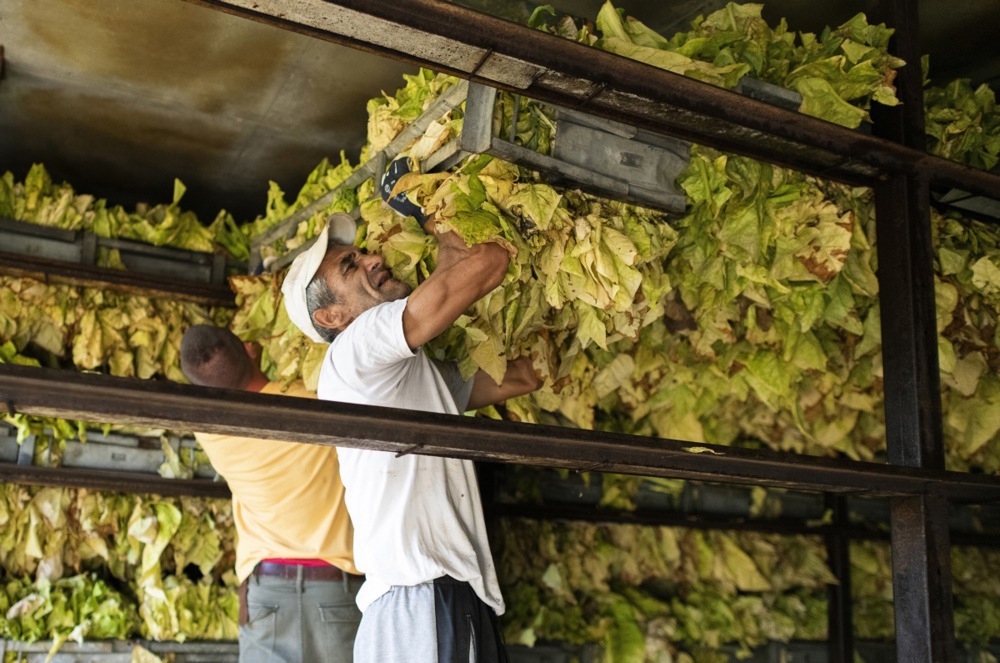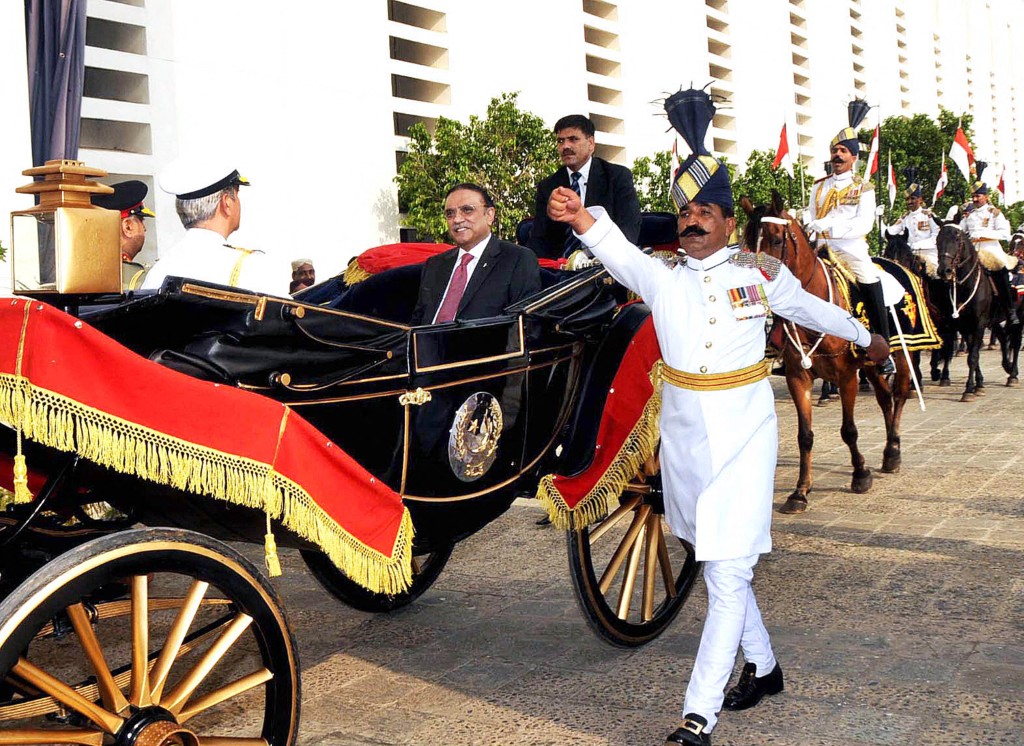Let us begin with the numbers. The 27 EU countries plus the UK together have around 4,500 main battle tanks, with at least half of them deployable, 3,200 military aircraft, more than 13,000 artillery pieces and over 420 warships. Russia has up to 2,000 operational tanks with about twice as many old ones in storage, about 4,000 military aircraft, 14,000 artillery pieces and around 400 warships.
On paper it sounds like a draw. In reality, Europe’s tactical equipment is newer and, above all, qualitatively and technologically superior on the ground, in the air and at sea. In that sense, we more than carry our weight as a military force to be reckoned with.
Poland plus Greece (proud owner of one-third of Europe’s tanks and one-fourth of its fighter aircraft) outnumber Russia in modern armour. European artillery is not only comparable in quantity, but better in technology, accuracy and range. In the air Russia’s handicap becomes even more dramatic. As for who rules the waves, the Royal Navy and the French nuclear carrier alone could seal the Baltic and the Black Sea if they choose to.
Yet Brussels speaks and acts as if the Red Army is about to march to the Atlantic. Why?
Because Europe is not a nation. It never has been one and, if we are honest, it never will be. The United States is one nation, one president, one army, one will. Russia is one nation, one czar, one army, one will. Europe, as in the EU plus the UK, is dozens of leaders of twenty-eight nations speaking twenty-five languages, who do not share the same history and memories, the same enemies or the same friends.
Washington can order the 101st Airborne to Poland tomorrow morning and it will be there by supper. Moscow can tell the 1st Guards Tank Army to move and it moves. A German general cannot order a Polish battery to fire. A French admiral cannot just give orders to a Dutch frigate. An Italian pilot cannot simply take off alongside a Finnish one under a single EU command. Machinery and formations are there, but when the moment comes, national parliaments, publics and sentiment take over.
Not everyone in Europe sees Russia the same way, for instance. To the Baltic states and Poland, Russia is the historical occupier. For many Greeks and Bulgarians, Russia is like an Orthodox big brother. For Hungary or Slovakia, Russia may be a useful counterweight to Brussels’ endless moral lectures. For Cyprus, Russia is the only permanent Security Council member that has consistently opposed the occupation of the north. Such things are not just footnotes.
So the matter is not about sheer firepower in the first place. The tanks bear national coats of arms, the aircraft fly under national roundels, and the ships sail with national ensigns. The combined total looks impressive on a Powerpoint slide, but it is not relevant in the real world.
This is the real reason Europe remains a paper tiger. Not lack of iron, but lack of soul. We are not one people. We do not share one history. We do not have one common enemy. Would an Irishman sacrifice his life for a Latvian? A Luxemburger for a Polish? A German for a Lithuanian? A Czech for a Greek? A Spaniard for a Cypriot? In most cases, no. And it is completely understandable.
In fact, thank God we still insist on our national identity, interests and pride first. After all, it is nations that form the Union. But this cannot be a thing that we simply dodge, when considering grandiose European defence plans and mechanisms, as well as foreign policy. When some envision a kind of defensive alliance, operating alongside NATO, they should ask themselves: Would EU forces collectively go to war with Russia or Turkey in defence of a member-state? Doubtful, at least.
So let us be realistic. On the one hand, Europe’s firepower alone is – in theory at least – more than enough to defend EU sovereignty against Russia. On the other and in practice, in the occurrence of a Russian attack on an EU country, other member states’ forces would be deployed anyway under NATO article 5 alongside US and Turkish ones. So there is no reason to fear the Russians – although it would be wise not to bully them either, as they do possess formidable weapons of great destructiveness.
Which brings us back to Brussels, and the spineless institutional elites who now whine about the prospect of peace in Ukraine. They have been telling us that we are in danger. No, we are not. They have also been keen lately on rearming Europe. Yes, military might is absolutely necessary if you want to be a real world power. So spare us the Russian threat fairytale, make peace and gear up too.
Europe, in one way or another, has consistently been a fearsome warrior for the last two millennia. Remember your Latin class? Si vis Pacem, para Bellum. You do not need an imaginary or non-present enemy to justify your resolve to be powerful.





They need the Russian bogeyman: Why Europe won’t let the war end